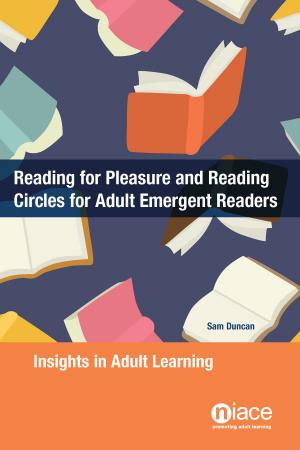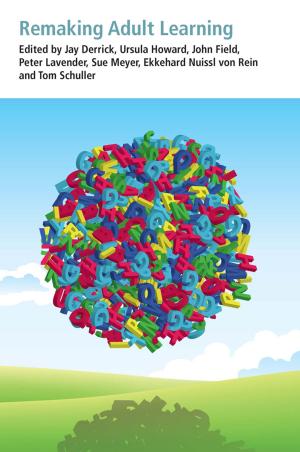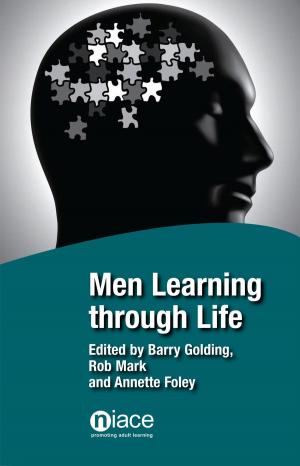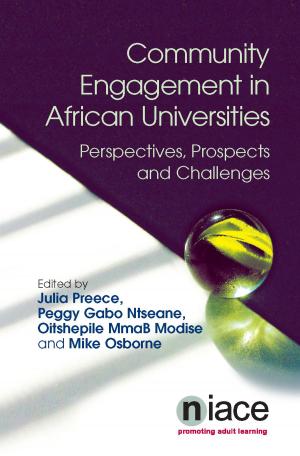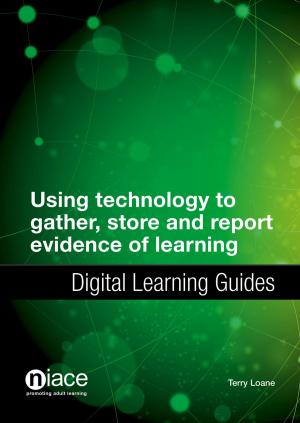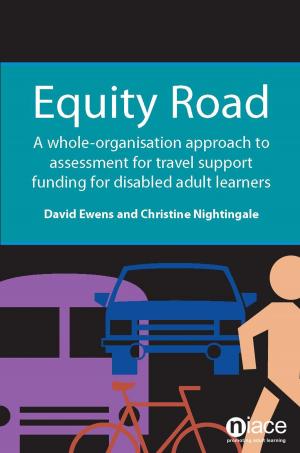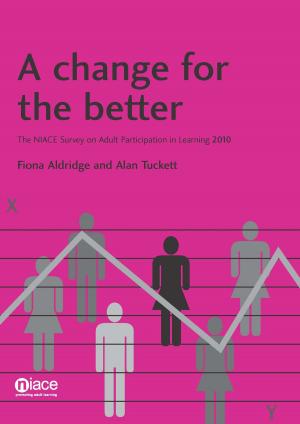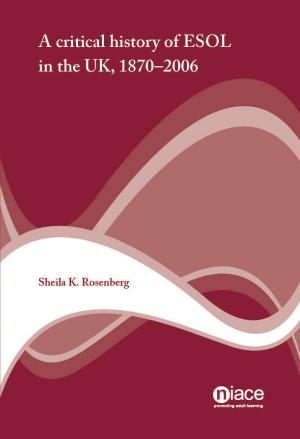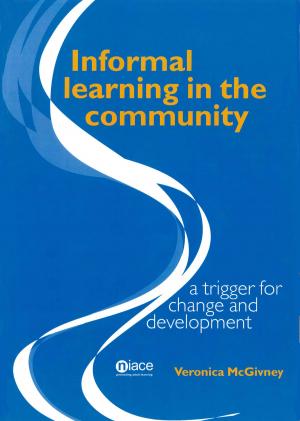Literacy and the Practice of Writing in the 19th Century: A Strange Blossoming of the Spirit
Nonfiction, Reference & Language, Language Arts, Literacy, Education & Teaching, Educational Theory, Philosophy & Social Aspects| Author: | Ursula Howard | ISBN: | 9781862015661 |
| Publisher: | National Institute of Adult Continuing Education (NIACE) | Publication: | September 30, 2012 |
| Imprint: | National Institute of Adult Continuing Education | Language: | English |
| Author: | Ursula Howard |
| ISBN: | 9781862015661 |
| Publisher: | National Institute of Adult Continuing Education (NIACE) |
| Publication: | September 30, 2012 |
| Imprint: | National Institute of Adult Continuing Education |
| Language: | English |
A study of learning and literacy in nineteenth-century England, based on documentary and qualitative sources, this book explores people's desire to learn, their ways of learning and practising writing and the meanings writing had for them at a time when there was little or no formal education. Many who learned and used writing before state education was introduced had practices and purposes in common, including a consciousness of the social nature of learning and literacy, and the sense that writing skills are a powerful asset enabling the exercise of human agency. Howard addresses questions which lie at the heart of much literacy scholarship: why was working-class literacy so central to 19th century beliefs, myths and fears and to literary expression and cultural conflict as well as political reform? How was it that informal learning, while not a universal pursuit, accounted for dramatic rises in literacy skills? If writing enabled people to change their lives, what was happening to those who could not write? Is writing fundamental to empowerment and self-realisation, for individual women and men, for communities and social movements? If so, when and in which circumstances did this become the case?
A study of learning and literacy in nineteenth-century England, based on documentary and qualitative sources, this book explores people's desire to learn, their ways of learning and practising writing and the meanings writing had for them at a time when there was little or no formal education. Many who learned and used writing before state education was introduced had practices and purposes in common, including a consciousness of the social nature of learning and literacy, and the sense that writing skills are a powerful asset enabling the exercise of human agency. Howard addresses questions which lie at the heart of much literacy scholarship: why was working-class literacy so central to 19th century beliefs, myths and fears and to literary expression and cultural conflict as well as political reform? How was it that informal learning, while not a universal pursuit, accounted for dramatic rises in literacy skills? If writing enabled people to change their lives, what was happening to those who could not write? Is writing fundamental to empowerment and self-realisation, for individual women and men, for communities and social movements? If so, when and in which circumstances did this become the case?

